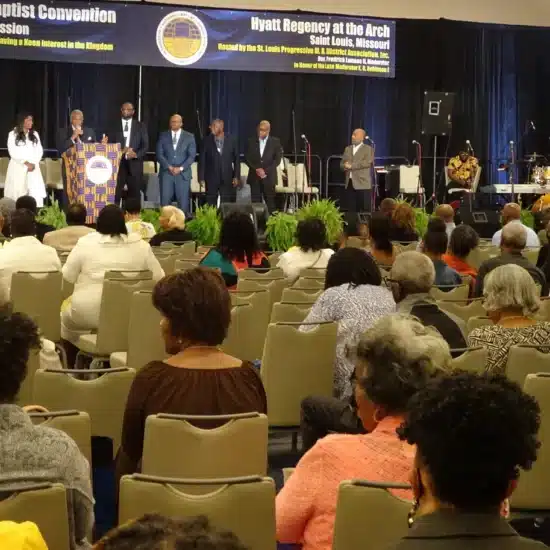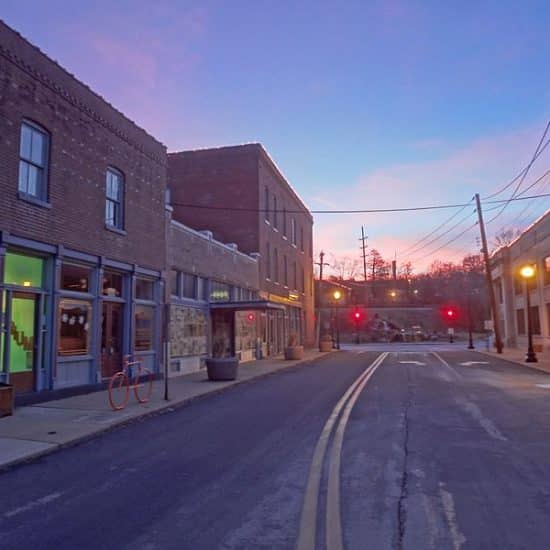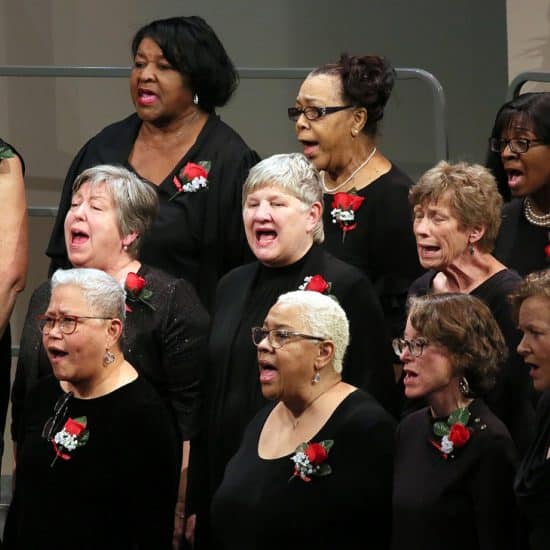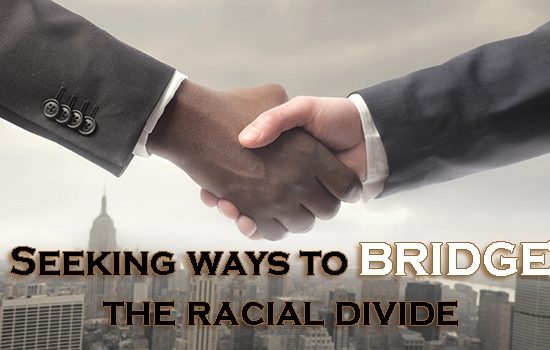The shooting death of 18-year-old Michael Brown by a police officer in Ferguson, Mo., at midday Saturday, Aug. 9, prompted several nights of violent protests in the small St. Louis-area community.
Brown was black, and the officer was white. A robbery involving stolen cigars from a convenience store was called in to police just before noon with a description of the robber. Initial reports were that the black male had just taken cigars from a convenience store without paying for them. Not far away, the officer, in his patrol car, confronted Brown and another man on a residential street.

Bill Webb
|
Early details varied as to what happened next, but apparently within minutes, Brown lay mortally injured with six gunshot wounds to his head and torso. He was unarmed. Many were outraged that Brown’s body lay on the ground uncovered for hours after the shooting.
The incident uncovered a simmering racial scene in Ferguson. Though two-thirds of Ferguson’s residents are black, only three of the town’s 53 police officers are African American. Authorities waited days before identifying the officer who fired the fatal shots, claiming they had received death threats on his life.
By evening a protest was in full swing and became violent, and a dozen nearby businesses were vandalized and looted. Tactically armed police fired teargas into the mob. More than 30 people were arrested, and two officers were injured.
The U.S. Justice Department became involved, and the FBI announced it was doing its own parallel investigation into Brown’s shooting.
On the Thursday morning following the shootings, President Obama addressed the nation on Ferguson and appealed for calm. He called on local police to be "open and transparent" about their investigation of Brown’s death.
Later that day, Gov. Jay Nixon announced that the Missouri Highway Patrol would take control of security in Ferguson and that the unit would be overseen by Capt. Ron Johnson, who was born and raised near the community.
At 6 p.m. on Aug. 14, daily vigils were held to remember the slain 18-year-old, and prayer meetings have been held daily to pray for calm and healing in Ferguson. That evening, protesters marched peacefully alongside state troopers, the first night without violence in Ferguson for the first time all week.
Locals – including Brown’s parents – called for peace in the community as the investigation into the shooting continued. Many claimed outsiders were flooding into Ferguson to stir up anger and perpetuate violent protests.
It has become increasingly clear that the unrest in Ferguson is more than a protest over the killing of a young black man. The community is displaying pent-up anger in a situation where a majority of residents claim to have little to say in the governing of their community or in policing it. They believe mistrust – racial mistrust – runs deep, and the current unrest seems to confirm it.
The killing of Michael Brown has given people in the St. Louis suburban community a platform – literally a national platform – that is resulting in a light shining on a troubled town with many problems.
The people of Ferguson – including its leaders and authorities – have a chance to begin a process of healing that can result in fairness, mutual respect and strides toward economic fairness. Civil rights legislation 50 years ago did not fix every race relations issue in America, though the legislation was long overdue.
Ultimately, racial discord and reconciliation locally is a relationship issue. People in Ferguson and in other racially simmering communities – citizens and leaders – must push for communicating with each other with the goal of increasing mutual understanding, equal treatment and opportunity. Anger must be defused.
One of the first topics needs to be the matter of representation on the police force. Frankly, no matter how well-trained the Ferguson officers are in their profession, they have a blind side. Racially, they do not come close to reflecting the population of the town or of acknowledging it.
Apparently, the city does not have a requirement that officers reside in Ferguson, so many do not live in the city where they serve and receive a paycheck.
Churches in the area have a vital interest in problem-solving dialogue. Ministers and other church leaders need to be among the leaders – and the pushers – for such conversation and to open their facilities for it to happen. Ferguson city leaders ought to be in a more listening mode right now, and their detractors must show the same helpful resolve.
People in every town deserve to live in a safe community in which citizens and leaders work on problems, discover solutions, abolish injustice and learn how to genuinely respect and value each other. That’s what Ferguson needs to be known for as it moves forward.
Bill Webb is editor of Word & Way.





